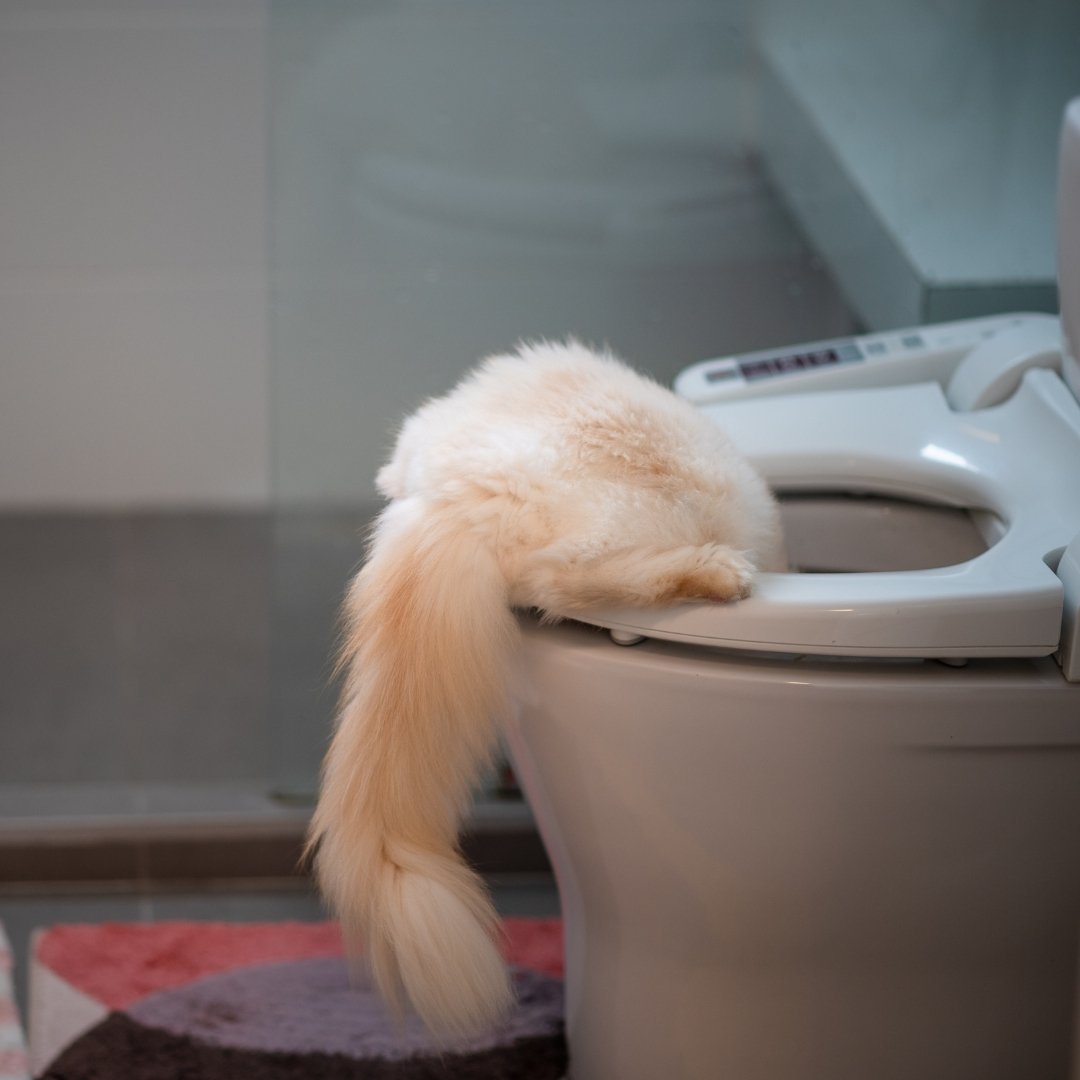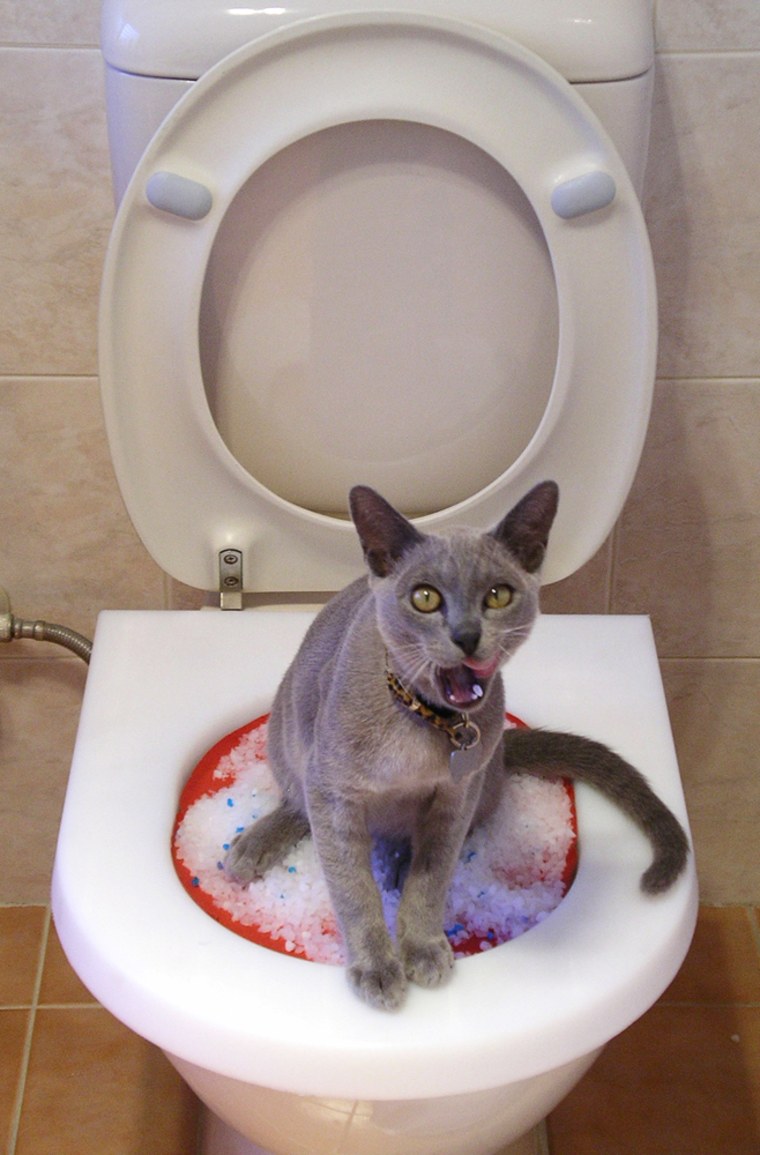Why You Should Never Flush Cat Poop Down Your Toilet - Important Information
Why You Should Never Flush Cat Poop Down Your Toilet - Important Information
Blog Article
We've discovered this great article involving Don’t flush cat feces down the toilet down the page on the net and decided it made sense to talk about it with you here.

Introduction
As feline proprietors, it's necessary to be mindful of how we dispose of our feline pals' waste. While it might seem convenient to flush feline poop down the toilet, this method can have damaging consequences for both the setting and human health.
Ecological Impact
Purging cat poop introduces harmful microorganisms and bloodsuckers into the water, posturing a considerable danger to water environments. These impurities can negatively affect aquatic life and concession water top quality.
Health Risks
Along with ecological problems, flushing feline waste can additionally position health and wellness risks to people. Feline feces may contain Toxoplasma gondii, a bloodsucker that can trigger toxoplasmosis-- a possibly extreme ailment, specifically for pregnant ladies and people with damaged immune systems.
Alternatives to Flushing
The good news is, there are safer and extra accountable methods to get rid of pet cat poop. Think about the adhering to choices:
1. Scoop and Dispose in Trash
The most common technique of taking care of cat poop is to scoop it right into a biodegradable bag and toss it in the trash. Make sure to use a dedicated litter inside story and take care of the waste immediately.
2. Use Biodegradable Litter
Go with biodegradable pet cat trash made from materials such as corn or wheat. These clutters are eco-friendly and can be securely gotten rid of in the garbage.
3. Bury in the Yard
If you have a backyard, take into consideration burying cat waste in an assigned area far from veggie yards and water sources. Make sure to dig deep enough to prevent contamination of groundwater.
4. Install a Pet Waste Disposal System
Invest in an animal waste disposal system particularly designed for feline waste. These systems use enzymes to break down the waste, minimizing odor and environmental influence.
Conclusion
Liable family pet possession prolongs beyond offering food and shelter-- it likewise involves appropriate waste monitoring. By avoiding purging feline poop down the commode and going with alternative disposal techniques, we can lessen our ecological impact and protect human wellness.
Why You Should Never Flush Cat Poop Down the Toilet
A rose by any other name might smell as sweet, but not all poop is created equal. Toilets, and our sewage systems, are designed for human excrement, not animal waste. It might seem like it couldn’t hurt to toss cat feces into the loo, but it’s not a good idea to flush cat poop in the toilet.
First and foremost, assuming your cat uses a litter box, any waste is going to have litter on it. And even the smallest amount of litter can wreak havoc on plumbing.
Over time, small amounts build up, filling up your septic system. Most litter sold today is clumping; it is made from a type of clay that hardens when it gets wet. Ever tried to scrape old clumps from the bottom of a litter box? You know just how cement-hard it can get!
Now imagine just a small clump of that stuck in your pipes. A simple de-clogger like Drano isn’t going to cut it. And that means it’s going to cost you big time to fix it.
Parasitic Contamination
Believe it or not, your healthy kitty may be harboring a nasty parasite. Only cats excrete Toxoplasma in their feces. Yet it rarely causes serious health issues in the cats that are infected. Most people will be fine too if infected. Only pregnant women and people with compromised immune systems are at risk. (If you’ve ever heard how women who are expecting are excused from litter cleaning duty, Toxoplasma is why.)
But other animals may have a problem if infected with the parasite. And human water treatment systems aren’t designed to handle it. As a result, the systems don’t remove the parasite before discharging wastewater into local waterways. Fish, shellfish, and other marine life — otters in particular — are susceptible to toxoplasma. If exposed, most will end up with brain damage and many will die.
Depending on the species of fish, they may end up on someone’s fish hook and, ultimately on someone’s dinner plate. If that someone has a chronic illness, they’re at risk.
Skip the Toilet Training
We know there are folks out there who like to toilet train their cats. And we give them props, it takes a lot of work. But thanks to the toxoplasma, it’s not a good idea.

Do you like reading up on Don’t flush cat feces down the toilet? Put a remark below. We would be delighted to see your feelings about this post. Hoping that you come back again in the future. In case you appreciated our blog posting kindly don't forget to pass it around. Kudos for your time. Don't hesitate to check our website back soon.
Try Here Report this page